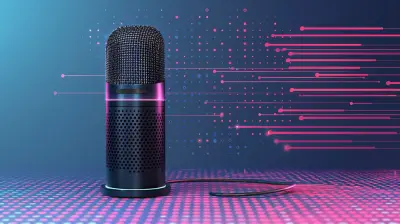Exploring the Role of AI in Personalized Device Experiences
21 November 2025
Artificial Intelligence (AI) isn’t just a buzzword anymore. It’s not some vague, futuristic concept reserved for sci-fi movies or tech elites. Nope. It's right here, embedded in the everyday devices we use—our phones, smartwatches, TVs, and even coffee makers (yes, you read that right!). AI has not only brought these devices to life but has also made them deeply personal. It’s like your gadget suddenly knows you better than your best friend.
But how exactly is AI reshaping the way we interact with our devices? More importantly, what does that mean for you and me as users? Let’s dive into the fascinating world of AI-powered personalization—and yeah, it's more exciting than you'd think.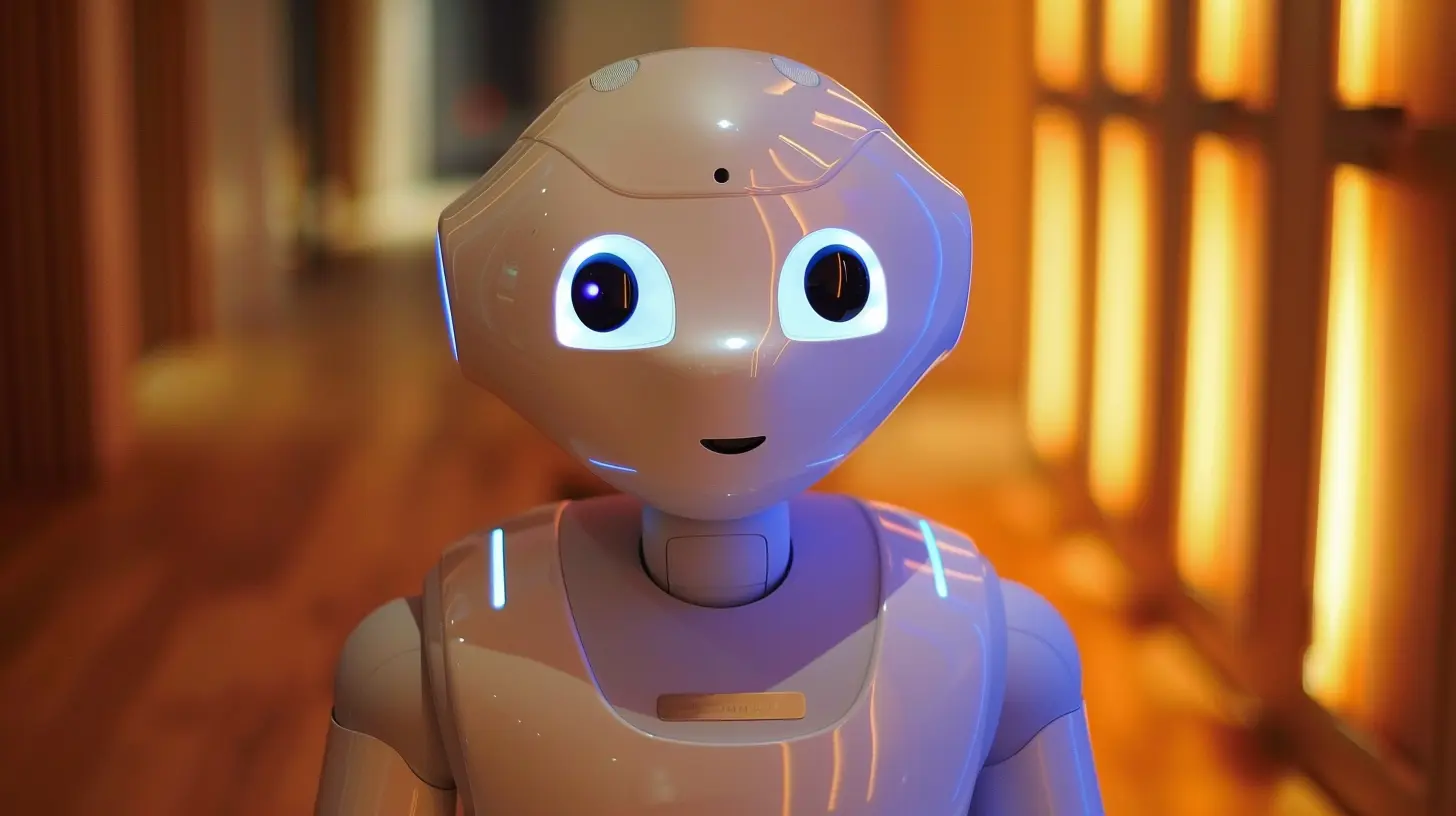
What Is Personalized Device Experience, Anyway?
Alright, let’s break it down. A personalized device experience means your tech isn't just smart—it’s attentive. It adjusts, adapts, and evolves based on your behavior, preferences, and even your mood. It’s the difference between using a device and feeling like that device gets you.Think about:
- Your smartphone suggesting the app you’re likely to open next.
- Your smartwatch reminding you to stand up because, hey, you’ve been binge-watching for too long.
- Your smart speaker playing your favorite evening playlist before you even ask.
All that magic? That’s AI pulling the strings behind the scenes.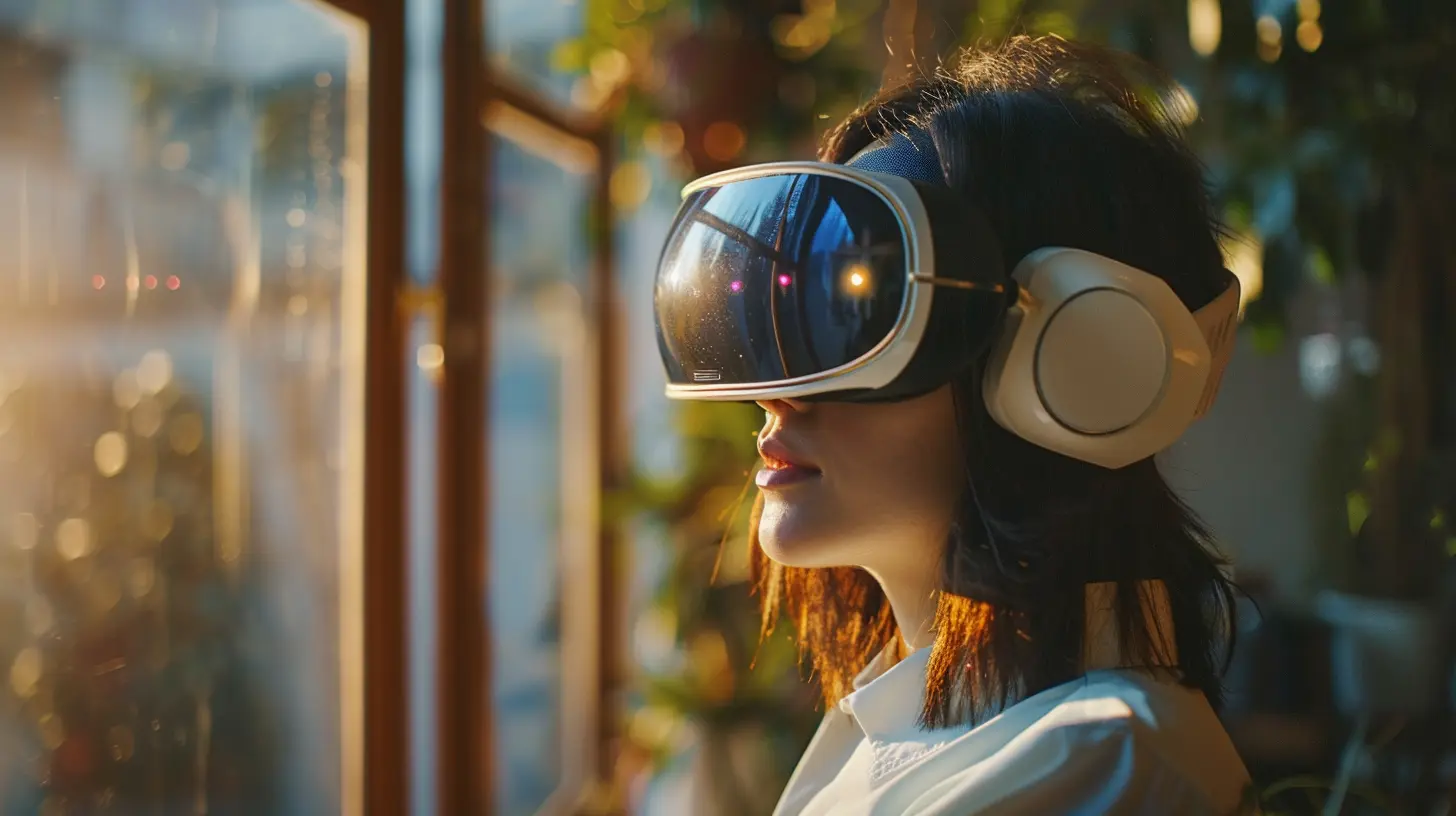
How AI Is Powering This Transformation
1. Machine Learning (The Brain Behind It All)
Let’s start with the basics. Machine Learning (ML) is the core engine of AI. It’s what enables devices to learn from your behavior and improve automatically—without being explicitly programmed.The more you use a gadget, the smarter it gets. For example, if you keep asking your smart speaker to play chill lo-fi beats at 9 PM, guess what? It might start doing that proactively. It’s like your device keeps a diary of your habits—and uses it to help you out.
2. Natural Language Processing (Talking To Your Devices)
Ever wonder how Siri or Google Assistant understands you when you mumble your grocery list half-asleep? That’s Natural Language Processing (NLP). It allows your devices to understand, interpret, and respond to your voice commands—no matter how human (or messy) they are.Thanks to NLP, interacting with devices feels like having a conversation rather than memorizing commands. It’s less “robot” and more “personal assistant.”
3. Context Awareness (Knowing The Situation)
AI doesn’t just listen to what you say, it looks at everything—your location, time of day, previous actions, and even the weather. This is called context awareness.Let’s say it’s a cold morning. Your smart thermostat might warm up the room before you're out of bed. Or your watch could suggest a calming playlist when it notices erratic heartbeats. AI tunes into your life’s context and acts accordingly.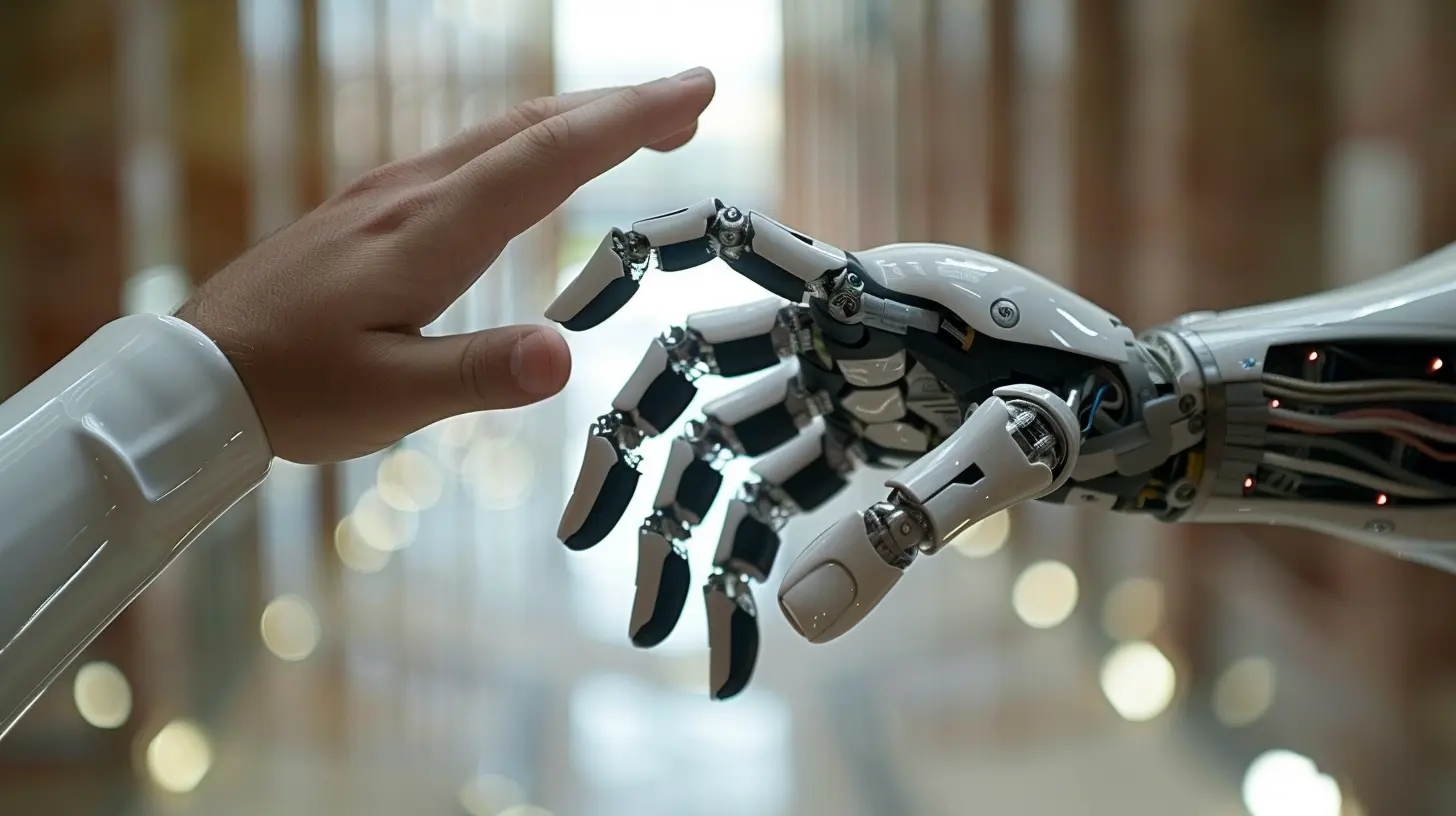
Real-Life Examples of AI Personalization
Alright, let’s get to the good stuff—real stories, real devices, real magic.Smartphones That Read Your Mind (Almost)
Modern smartphones use AI like it’s their superpower. Face unlocks? That’s AI facial recognition. Camera enhancements with scene detection? Yup, AI again.But there’s more. Ever noticed how your phone suggests replies in your tone during messages? Or how your keyboard predicts full sentences you often type? It’s all personalized thanks to AI analyzing your usage patterns.
Smartwatches That Double as Wellness Coaches
These tiny wrist gadgets aren't just tracking steps. They’re studying your sleep cycles, heart rate variability, and even stress levels.AI algorithms crunch this data to offer meaningful suggestions—like when you should wind down, hydrate, or breathe (seriously, we often forget that one). Some even adjust exercise goals automatically based on your fitness history. It’s like having a tiny coach that actually listens.
Smart TVs That Know Your Vibe
Streaming platforms use AI to recommend shows and movies tailored to your tastes. If you’re into mysteries, expect an avalanche of thrillers in your recommendations. AI maps your viewing habits, time of day, and even how long you binge.And have you noticed how smart TVs adjust brightness and sound based on your room’s lighting and noise? That’s context-aware AI doing its thing.
Virtual Assistants That Actually Assist
Alexa, Siri, and Google Assistant are more than just voices in the void. They’re personal assistants tuned to your lifestyle. Whether it’s reordering your favorite coffee, reading out your calendar, or playing a sleepytime story for your toddler—they adapt based on previous interactions.And over time, they learn. They become less generic and more “you.”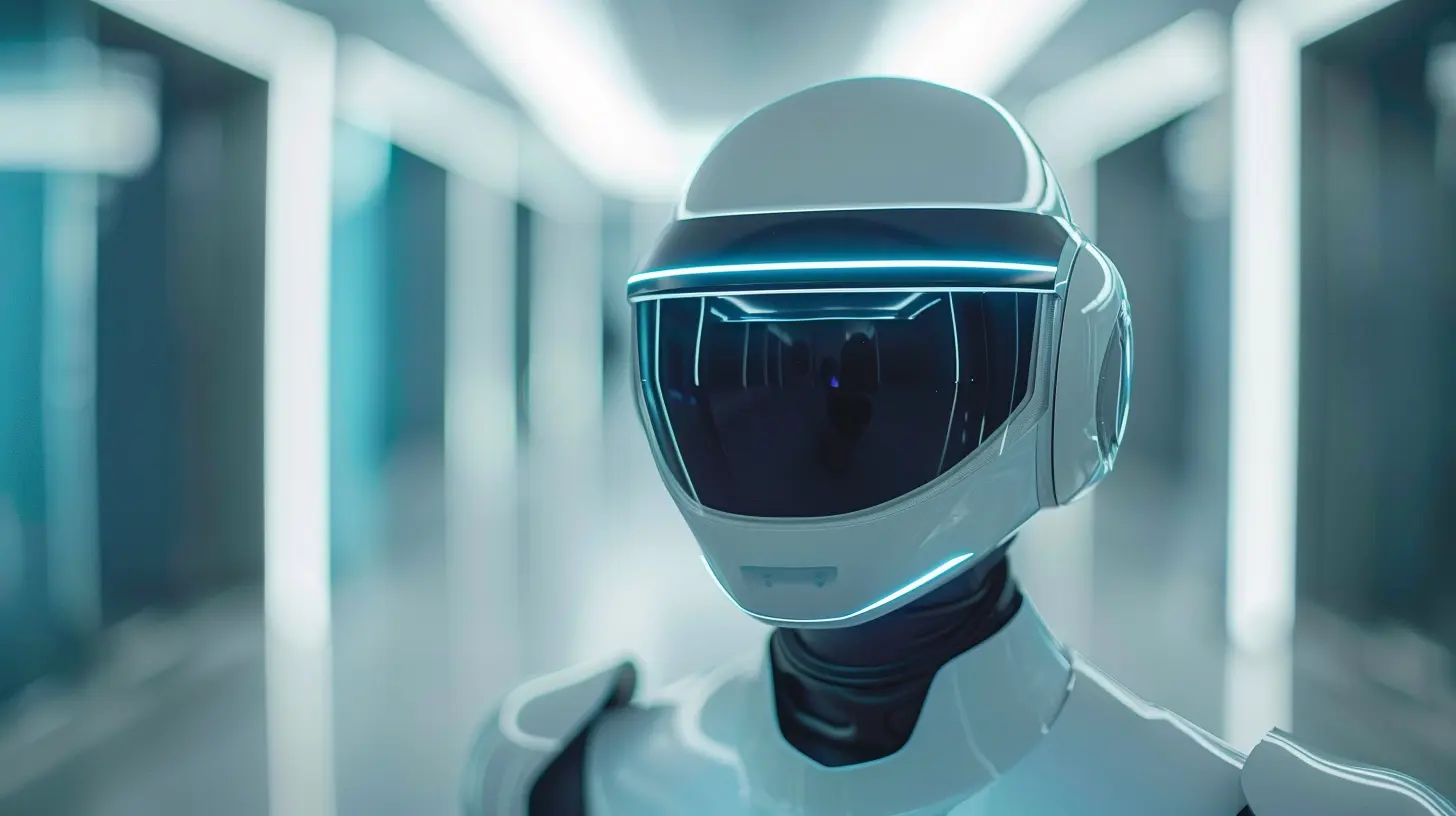
Why Personalization Matters More Than Ever
So, why should we care about personalization in the first place? Can’t we just use tech as we always have?Well, here’s the thing: we live in a world overloaded with choices and notifications. Personalized AI filters the noise and offers what’s relevant.
Think of it like having a digital butler who knows your schedule, mood, tastes, and habits. It’s efficiency, comfort, and even a bit of emotional intelligence baked into your everyday life.
Plus, it saves time. A LOT of time.
But Is It All Sunshine and Rainbows?
Okay, let’s pump the brakes for a second.Personalized AI is cool—no doubt—but it’s not without trade-offs.
1. Privacy Concerns
The same data that makes AI smart also raises questions. Where is your data stored? Who has access to it? How securely is it protected?It’s a valid concern. After all, if your device knows your sleeping patterns and grocery habits, it better keep that info locked down.
2. Over-Personalization
Sometimes, AI gets a little too clingy. Ever had YouTube or Spotify bombard you with one specific type of content just because you showed minor interest once? That’s AI overdoing its job.Balance is key. Personalization should assist, not trap you in a content bubble.
The Future of Personalized AI Devices
Alright, let’s daydream a little.The future of AI in personalized devices is incredibly promising. We’re talking about devices that adapt not just to your habits—but to your personality, emotional state, and even values.
Imagine:
- Smartphones that adjust content based on your mental health state.
- Smart speakers that shift conversation tone if you're feeling stressed.
- Fitness trackers that coach you differently on a tough day vs. a good day.
And with advancements in AI ethics, explainability, and edge computing (where data is processed locally rather than in the cloud), personalization will only become more refined and secure.
How You Can Make the Most of Personalized AI
Want to make your device feel like it was built just for you? Here's how:1. Keep Your Settings in Check
Most devices let you customize what data they collect. Take some time to dive into those settings. Adjust privacy permissions, enable helpful features, and disable the ones you don’t use.2. Interact Regularly
The more you use your device in natural ways, the better its AI will adapt to your style. Don’t be shy—talk to your virtual assistant, use recommended features, and allow your devices to learn.3. Stay Updated
Manufacturers regularly roll out updates to improve AI behavior. Keeping your device updated ensures you're not missing out on enhancements that make personalization even smarter.Final Thoughts
AI in personalized device experiences isn’t about creating robots—it's about building relationships. It’s tech that feels like it understands you, adapts to your world, and simplifies your everyday chaos.Sure, there are kinks to iron out. But at the heart of it, AI personalization is all about making technology more human—more aligned with who we are and how we live.
So next time your phone predicts your morning playlist or your watch tells you to breathe, pause and smile. That, my friend, is artificial intelligence working for your real life.
all images in this post were generated using AI tools
Category:
Technology InnovationAuthor:

Pierre McCord
Discussion
rate this article
1 comments
Derek Bell
This article brilliantly highlights how AI enhances personalized device experiences. By analyzing user behavior, AI tailors interactions, making technology more intuitive and user-friendly. I'm excited to see how these advancements will continue to shape our digital lives in the future!
November 23, 2025 at 3:51 AM

Pierre McCord
Thank you for your insightful comment! I'm glad you enjoyed the article and share the excitement about AI's potential to enhance our digital experiences.


